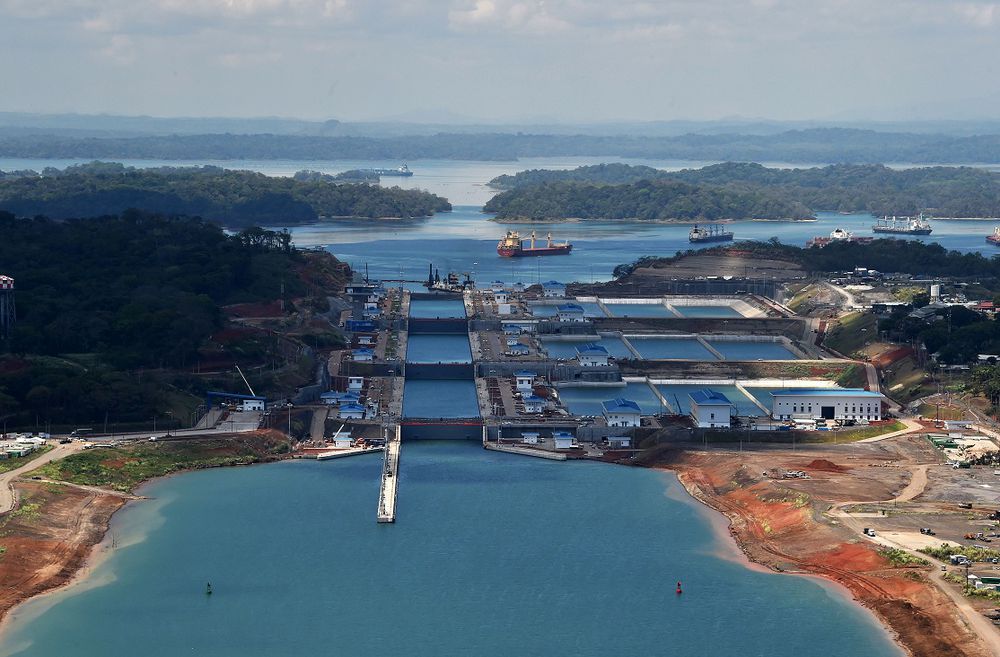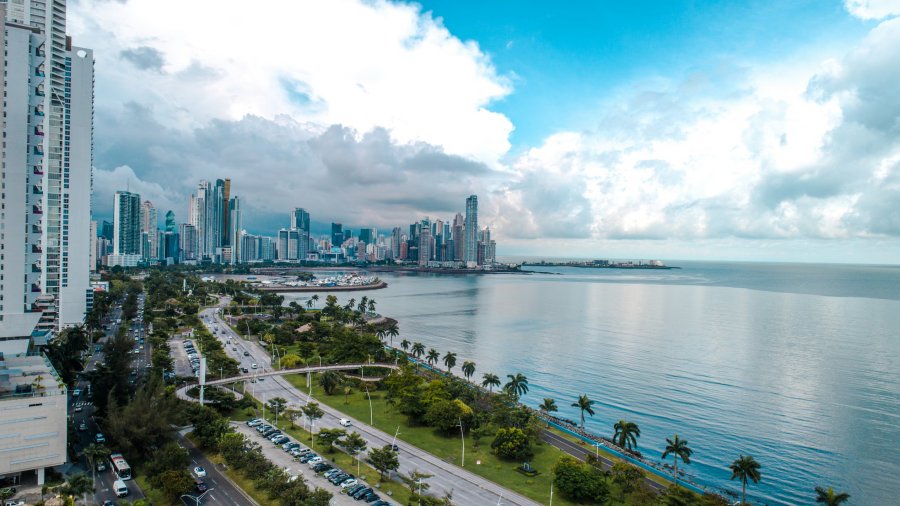Panama Canal will not block transit of Russian ships

The Panama Canal Authority (ACP) reaffirmed on Thursday, March 3 that the interoceanic waterway will maintain its policy of neutrality in the face of Russia’s invasion of Ukraine and refused to impose any kind of transit ban on Russian ships.
“The Panama Canal closely follows the current situation in Ukraine,” but ” it is a permanently neutral international transit waterway,” the ACP said in a statement sent to AFP.
In 1977, the former president of the United States, Jimmy Carter, and the now-deceased Panamanian nationalist leader, Omar Torrijos, signed the treaties by which Panama recovered the Canal from the United States.
In one of those treaties, “the neutrality of the Panama Canal is declared,” recalls the ACP, at a time when the West is carrying out numerous sanctions to affect the Russian economy due to its military intervention in Ukraine.
The objective of this neutrality is that “both in times of peace and in times of war” the Canal “remains safe and open for the peaceful transit of ships from all nations on terms of complete equality,” adds the canal authority.
On Wednesday, a small group of Ukrainians, during a protest in Panama City, collected signatures to ask the Panamanian government to close access to the Canal to Russian ships as a sanction for the invasion of Ukraine.
According to official data, the Russian presence on the Panamanian waterway, through which 3.5% of world maritime trade passes, is symbolic.
During the last fiscal year, the list of the 15 largest users of the Canal was led by the United States (72.5%), while the last position was occupied by Spain with 1.6% of the load.
Russia does not appear in that list of the main users of the Canal, whose main routes connect China, Japan, and South Korea with the east coast of the United States and South America with Europe.
Analyzing impacts
In the note, the ACP also assures that the Canal “will analyze the possible impacts” that the invasion of Ukraine may have in Panama.
The situation could affect “in the short and long term” the “world maritime trade supply chain”, which would impact the tonnage, the number of transits, and the income that the Canal charges ships for their use, he adds. the ACP.
In the fiscal year 2021, the 80-kilometer Panamanian route broke its cargo transit record with the passage of 516 million tons. Since its inauguration by the United States, in 1914, more than a million boats have crossed its waters.





